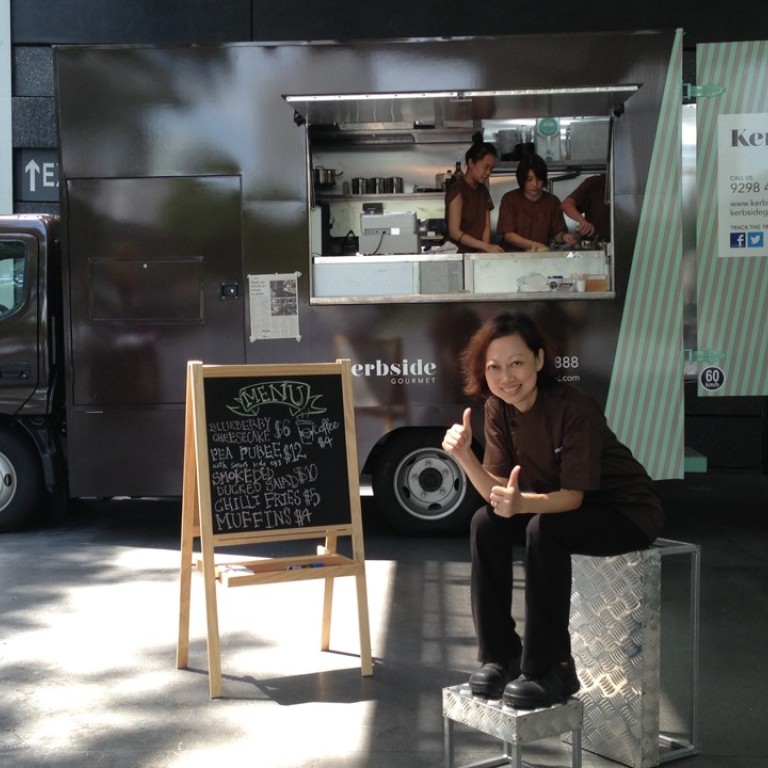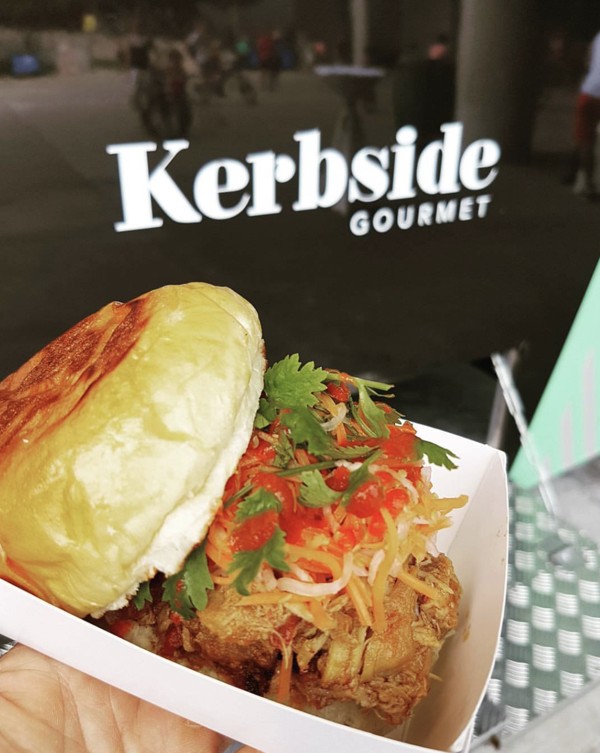
What’s driving the rise of the Asian food truck industry?
Taking the lead from their US counterparts, the truckers of Singapore, Japan and South Korea are taking a middle road between high-end restaurants and cheap street vendors
America exported hot dogs and burgers, now US-style food trucks are wheeling into Asia with their own modern take on traditional fast food.
Learning from the original US mobile food vans, Asian “truckers” are offering gourmet food, at prices far below those of high-end restaurants and just a few dollars more than street vendors.
In Japan and South Korea, there’s a food truck offering every kind of cuisine from tacos to tofu. Southeast Asian authorities are slowly cottoning onto the idea that this is how Millennials, and even their elders, want to consume their meals.
Hong Kong’s pet spa, Singapore’s gourmet dog food. What’s with Asia’s pet fetish?
Luan Ee is the founder of Kerbside Gourmet, a Toyota Hino hybrid truck which hit the streets of Singapore in 2013 “to cater to the discerning individuals who seek an alternative, sublime dining experience,” according to its website.
Ee explains: “I was 20 years in the corporate world, I didn’t want to live like that any more, I wanted to create something different. I spoke to people in the US about food trucks, real experts who passed on their knowledge, and I thought: “Why not?”

“We wanted to raise the quality of street food, they’re all traditional and yummy, in terms of nutrition, but they’re 99 per cent carbohydrates, we wanted people to get more nutrients on a daily basis.
“We just wanted to provide an offering that was innovative and different, slightly higher than food centres, and food that’s not far from high-end restaurants – peach purée with salted egg was our first dish. It isn’t just hot dog and burgers. It cost S$12 (HK$70), not hundreds like a top hotel. We can’t compete against street food prices, but we’re looking for people who are different, who are willing to pay more, even double, but half what restaurants charge. People who are open-minded, adventurous gastronomically.”
Singapore’s got a taste for Hong Kong cooking – and it’s coming back for more
Food trucks are not for the faint-hearted or work-shy, the red tape alone of owning a colossal four-wheeled restaurant is a headache, but having mobility is an advantage. You can work outside offices, apartment blocks, and at dedicated open-air food truck parks or farmers’ markets.
“Kerby” has been so successful that Ee has been able to branch out into social enterprise and work with local charities and five-star hotels to provide leftover food for the homeless.
She says: “We’ve evolved and are now working on social issues, using excess food from hotels and sending it to homeless charities, rescuing all this quality food from buffets.
“I don’t know if we’ll see more food trucks, but trends suggest that more people are questioning what they eat, the majority are still price obsessed, but 30 to 40 per cent are more conscious, they’re looking for better food.” ■
